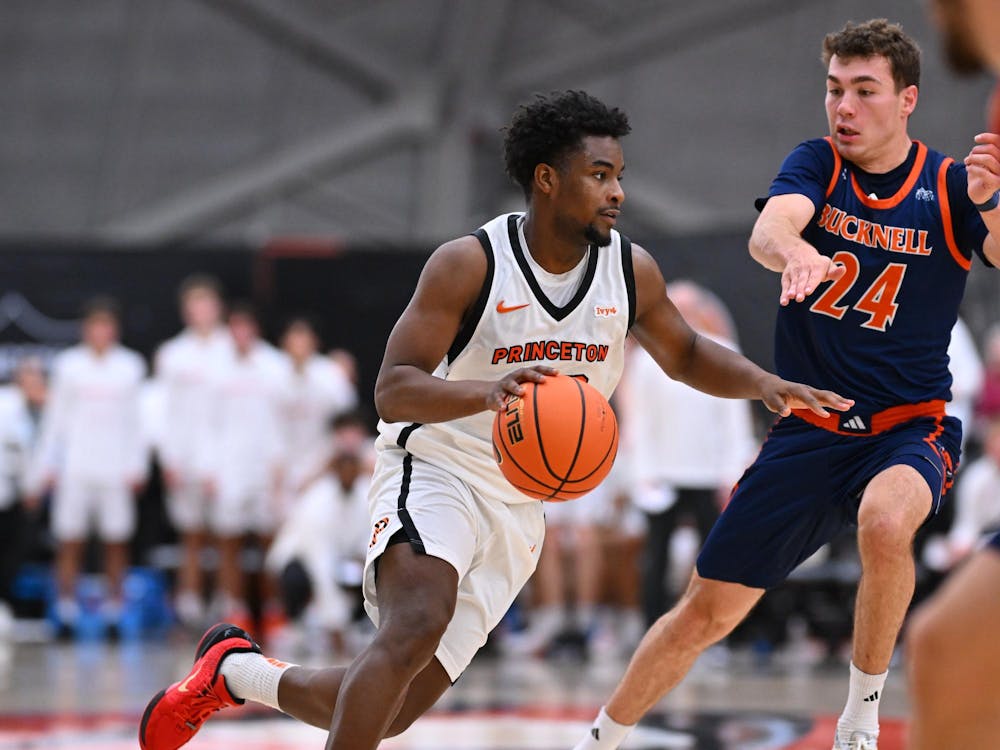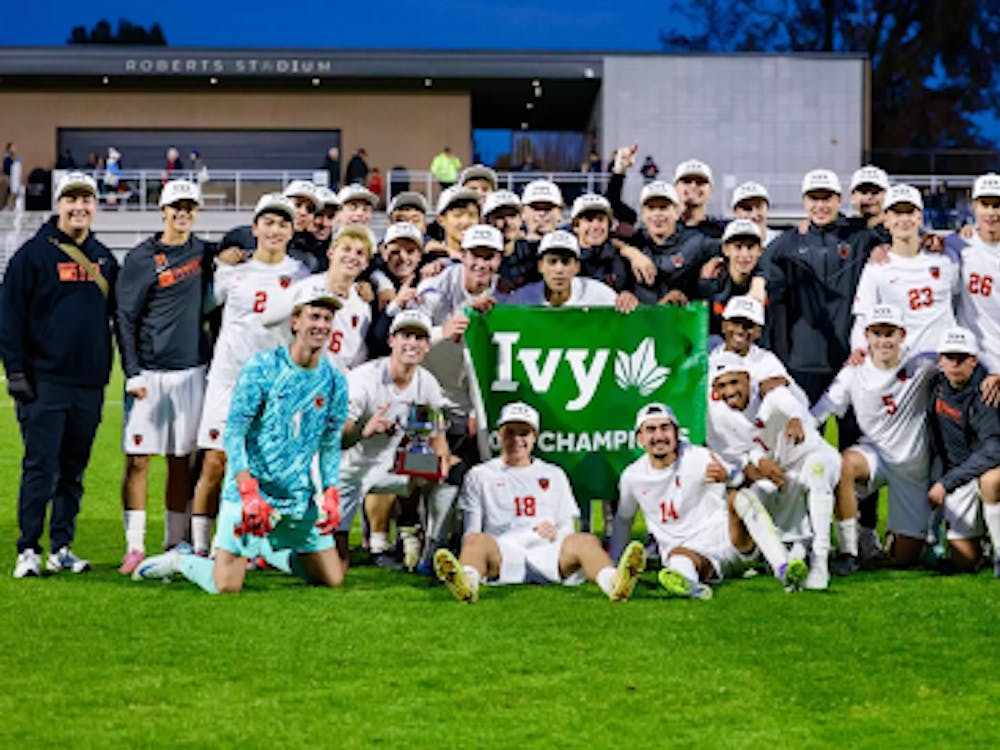For a long time, I have believed that managerial firings are vastly overrated when based on a team’s performance. The announcement last week that this will be Joe Torre’s last year managing the Los Angeles Dodgers makes this a good time to analyze this assumption.
Torre is considered to be one of the greatest managers in baseball today, as he presided over the New York Yankees — who had a run of unprecedented success in the wild-card and divisional eras — from 1996 to 2007. In addition, his 1998 Yankees are considered one of the greatest teams of all time. His past three years with the Dodgers have also been successful, including two appearances in the National League Championship Series.
What is not often remembered about Torre, however, is that the Yankees were not the first team he managed. From 1977 to 1981 he managed the cross-town New York Mets, from 1982 to 1984 he managed the Atlanta Braves, and from 1990 to 1995, he managed the St. Louis Cardinals. During those 14 seasons, his overall win-loss record was 894-1003. He was even fired midseason during the 1995 season with the Cardinals. For this reason, Torre’s hiring by the Yankees during the 1996 off-season was met tepidly at best by the New York press. “Clueless Joe,” proclaimed the New York tabloids when the Yankees announced Torre’s hiring in 1996.
Torre’s managerial career provides perfect evidence for a point that should be more obvious than it is — it’s hard to be a good manager if the team you’re managing is terrible. Take the 1980 Mets, for example. The immortal Lee Mazzilli was the only batter on the team to finish the season with an on-base plus slugging percentage over .800, and he also led the team in home runs, with a measly 16 on the entire season. This, incidentally, is not far off from the 2009 and 2010 Mets, whose home run leaders had 12 and 24 home runs, respectively. The 1980 team’s best pitcher, Craig Swan, had an adjusted ERA of 110, whereas the league average is 100.
It’s no wonder that the 1980 New York Mets finished in last place in the National League East — they were simply not a good baseball team. A manager can only do so much and cannot by himself overcome the burden of coaching a team that does not have good players. Look at Lou Piniella’s three years with the Tampa Bay Devil Rays. While he did manage to lift the team out of the basement of the American League East for the first time in 2004, the team still only managed 70 wins that year. Again, it’s hard to be a great manager if your team is garbage.
Too often in sports are all of a team’s problems blamed on the manager or coach. There is only so much a manager or coach can do. He does not play the field, pitch or take at-bats. (The age of the player-manager seems to be over.) While in-game strategy does play a big part in baseball games, all the strategy in the world won’t help you if you can’t score runs.
Instead, the blame should be placed on the general managers, those who assemble the teams. A manager can only play the cards he is dealt with. Sure, some managers, like Torre, are famous for managing superstar egos and some, like Tony La Russa, are famous for their meticulous in-game strategies. When it comes down to it, though, if you’re dealt a crappy hand as a manager, it’s hard to improve it past a certain point. The general manager, who makes the personnel decisions for the team, is the one who can reshuffle the deck. He (or she) should pay the price for putting together a bad team.
Unfortunately for managers, though, general managers are not likely to fire themselves for their own screw-ups, and only the owner can override the decisions of the general manager. For this reason, it seems to me that managers and head coaches are often the fall guys for the general manager, as owners often put lots of trust in their general managers.
Sure, a managerial firing can occasionally provide a spark for players, but if your team is bad to begin with, firing the manager likely won’t change a thing.








